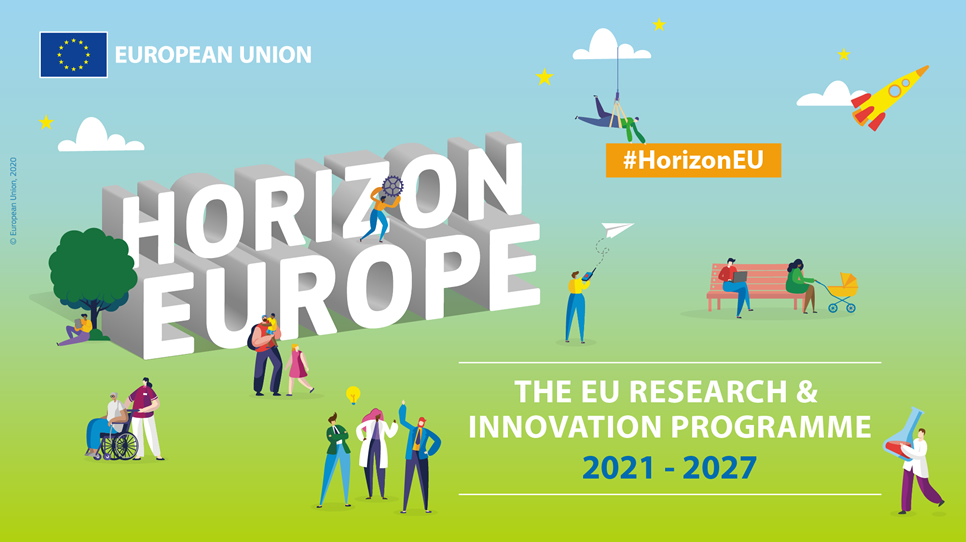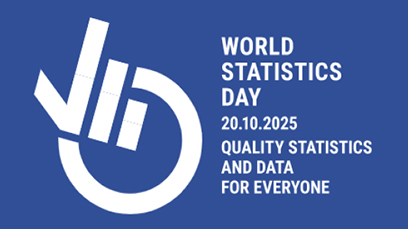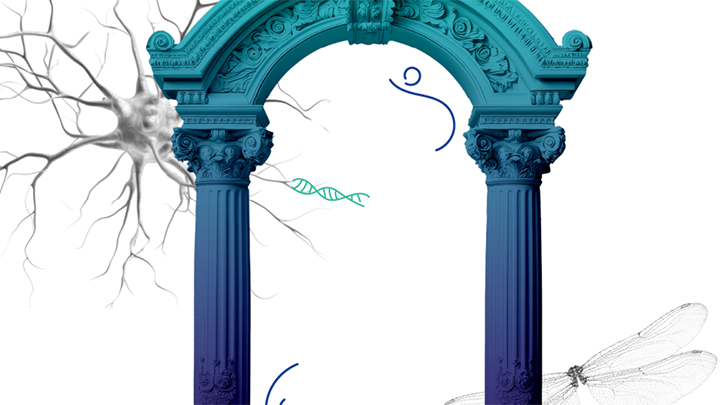
Beside giving an overview about Hungarian achievements of the previous programme, we also discuss how dedicated government measures, domestic funds and professional services will foster an even more successful Hungarian involvement in the European calls.
The seven-year research and innovation framework programme of the European Union for the 2021-2027 period kicks-off in May with a budget of EUR 95.5 billion. Horizon Europe is in close continuity with the Horizon 2020 framework programme of the previous seven-year period, but is expanded with a number of new elements, including in particular clusters enhancing cross-sectoral cooperation, missions addressing major societal challenges, and strategic initiatives co-financed by the EU, Member States and industries. The direct social or economic benefit of the awarded funds will be considered an important requirement in the upcoming calls. Priority areas for Hungarian involvement include Widening participation, synergies with other European programmes and the European Institute of Innovation and Technology.
On the Hungarian launch event keynote speakers of the European Commission and Hungarian policy-making will present how an even more efficient participation can be boosted. Successful Hungarian H2020 proposers and a Hungarian reviewer of proposals will also share their experience on a panel discussion and answer questions put by the audience. Working language of the event is English.
FORESEEN SCHEDULE OF THE EVENT
Horizon Europe Hungarian Launch Event
| 10:00 – 10:30 |
Opening remarks |
| Dr. László Palkovics, Minister for Innovation and Technology |
|
| Mariya Gabriel, Commissioner for Innovation, Research, Culture, Education and Youth |
|
| 10:30 – 10-45 |
How to boost successful Hungarian participation in Horizon Europe programme? National incentives and measures PDF (1 920 KB) |
| Dr. István Szabó, Vice-President for Science anad International Affairs, NRDI Office |
|
| 10:45 – 11:05 |
Novelties under Horizon Europe including missions and new approach towards European Partnerships (DG RTD) PDF (593 KB) |
| Minna Wilkki, Head of Unit Missions and Partnerships at European Commission, DG Research and Innovation |
|
| 11:05 – 11:10 |
Q&A |
| 11:10 – 11:30 |
Widening aspects of the European Research Areas and the Horizon Europe programme, synergies with other EU programmes |
| Ms. Magda De Carli, Head of Unit, ERA and Country Intelligence, DG Research and Innovation, European Commission |
|
| 11:30 – 11:35 |
Q&A |
| 11:35 – 11:50 |
EIT under Horizon Europe PDF (1 965 KB) |
| Martin Kern, Director, European Institute of Innovation and Technology |
|
| 11:50 – 11:55 |
Q&A |
| 11:55 – 12:05 |
Coffee break |
| 12:05 – 13:05 |
Roundtable: What are the main factors to be successful in the EU framework programmes |
| Moderator: Dr. István Szabó, Vice-PResident for Science and International Affairs | |
| Panel members: | |
| Dr. Viktória Józsa , evaluator expert, managing director, Nord Consult Kft. | |
| Dr. Róbert Lovas, deputy director, Institute for Computer Science and Control, | |
| Dr. Róbert Kiss, CEO, Mcule, CEO | |
| Szonja Csuzdi - Horizont Europe NCP-coordinator, National Research Development and Innovation Office | |
| 13:05-13:15 |
Closing remarks |
| Dr. József Bódis, State Secretary for Higher Edication, Innovation and Vocational Training, Ministry for Innovation and Technology |
1051 Budapest, Széchenyi István tér 1.
Established in 2010 by the United Nations Statistical Commission, World Statistics Day is celebrated every five years by the global statistical community to highlight the societal and scientific importance of official statistics, and the value of evidence-based decision-making.
This is an information session for the MSCA Choose Europe for Science 2025 call for proposals which opens on 1 October 2025.








